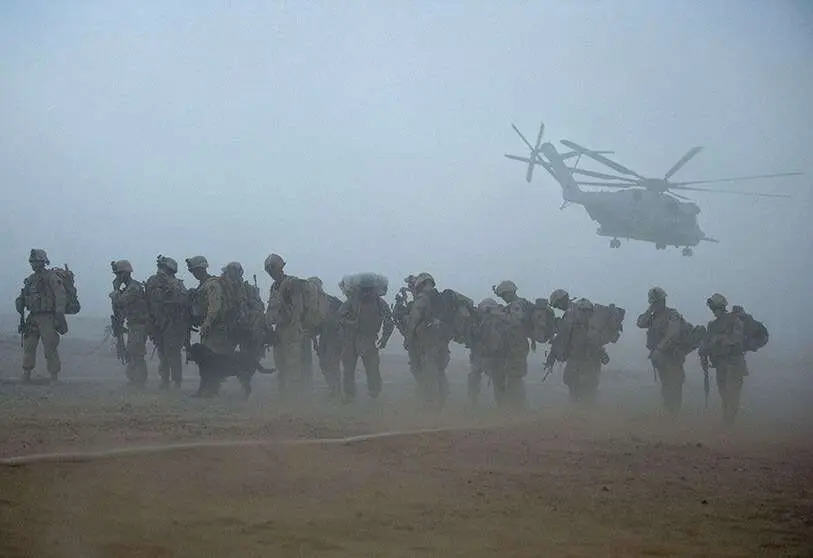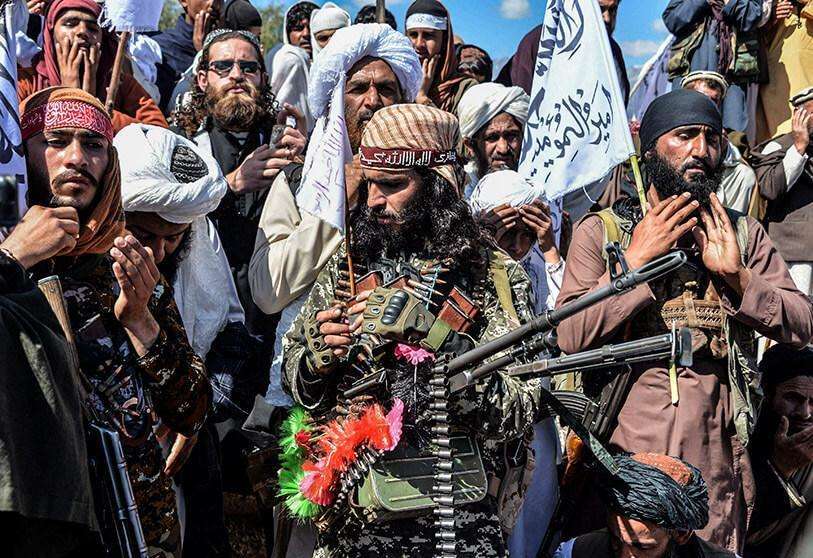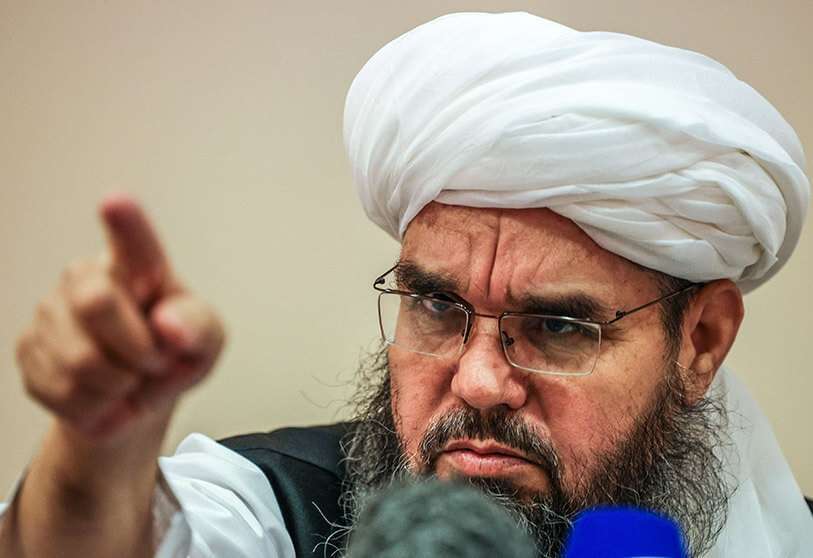Taliban advance in Afghanistan consolidates in the face of international troop withdrawal

Afghanistan is experiencing an upsurge in violence as the Taliban intensify their offensive across the country. The insurgents have seized control of five provincial capitals in three days, coinciding with the full withdrawal of international troops.
After several days of heavy fighting, the fundamentalists have captured the northern cities of Kunduz and Sar-e-Pol, capitals of the provinces of the same name, and the northeastern city of Taloqan, capital of Takhar. The control of Kunduz is a major blow to the Afghan authorities as it is strategically important because it connects several provinces and borders Tajikistan. The Taliban confirmed that they had captured the police headquarters, the governor's compound and the Kunduz prison. This regional capital had already fallen to the insurgents in 2015 and 2016.

The capture of these three provincial capitals comes a day after the capture of Sheberghan, capital of the northwestern province of Jawzjan, bordering Turkmenistan, and the fall of Zaranj, capital of southwestern Nimroz, which borders Iran, meaning the loss of three provincial capitals in just three days for the Afghan authorities. The Taliban began an offensive across the territory last May, coinciding with the beginning of the withdrawal of the US army and therefore international troops.
Last April, US President Joe Biden announced the withdrawal of all US troops from the Central Asian country. The news has led to an unprecedented advance of the insurgents, especially in rural areas of the country, but in the last week the Taliban have carried out several offensives against regional capitals. The US has stepped up its airstrikes in the face of the fundamentalists' rapid advance. "US forces have deployed several airstrikes in recent days to defend our Afghan partners," said Major Nicole Ferrara, a spokeswoman for the army's Central Command.

The Kabul government and the insurgents have held several rounds of talks in the context of the Afghan peace process that culminated in the signing of a historic agreement between the US and the Taliban in February 2020, in which the US pledged to withdraw international troops from the Central Asian country in exchange for the insurgents sitting down to negotiate with Afghan authorities and a reduction in violence. In these 2020 agreements, the United States imposed as a requirement on the fundamentalists not to carry out attacks in the major Afghan cities, but with the imminent withdrawal of international troops, fighting in the provincial capitals has intensified.
The insurgents have also claimed responsibility for the assassination of the Afghan government's communications chief and the attack on the residence of the defence minister, General Bismillah Mohammadi, who was unharmed but killed eight people, before launching several offensives in the capitals. The Taliban have warned that they will carry out operations against senior officials in response to the intensified bombing. The seizure of five provincial capitals in barely three days calls into question the ability of the Afghan Security Forces, which without the support of international troops has been unable to contain the Taliban advance.

The UN envoy for Afghanistan, Deborah Lyons, during a special session stressed that "Afghanistan is now at a dangerous turning point" and urged the Taliban to stop "the offensive against Afghan cities". For its part, the Afghan army is intensifying its fighting to regain lost territory, with clashes in at least 19 of Afghanistan's 34 provinces leaving an estimated 572 insurgents dead and 309 wounded in the past 24 hours, according to the defence ministry.








